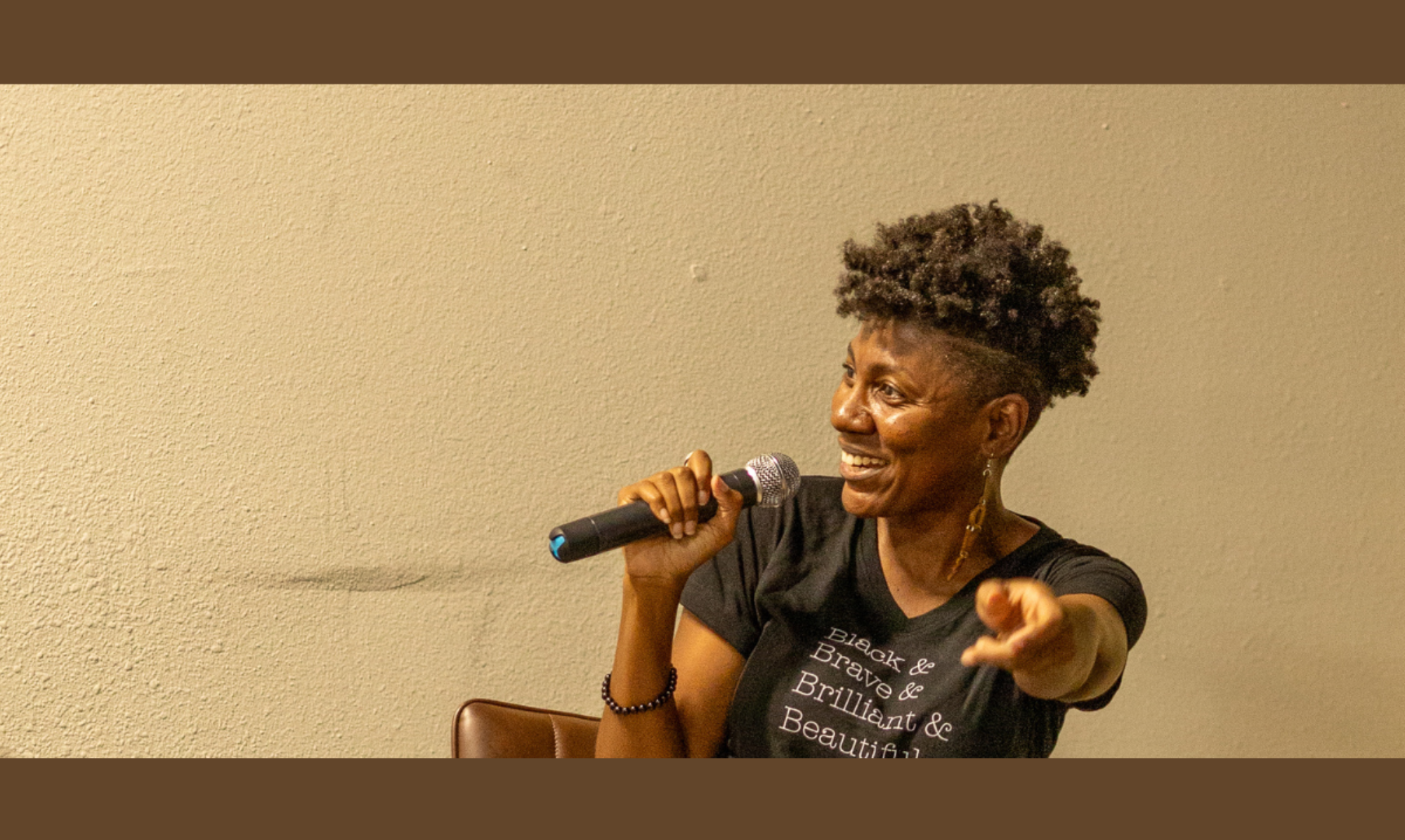I have been thinking about the plight of daughters with colorist fathers for years, but it wasn’t until one of my followers left a comment on a post last week that I realized I need to talk about this. I think I might have subconsciously assumed that it was something only I was observing and thinking about. So when I read that comment, the lightbulb went off that there are probably a large number of dark-skinned girls and women navigating the reality that even their own fathers don’t see beauty, value, or worth in other women who look like them.
Watch, Listen, or Read Below
“I’ve had a couple of BM who are married to yt women express disappointment to me after finding out I’m mixed and still have prominent Blck features…. having both of my Blk father figures have a white/lighter skin/Caucasian feature preference has been extremely damaging to my own self view growing up and still. I haven’t had that conversation with anyone else, but I always wonder about other women who have colorist fathers.”
@meganreneewilson
I’ve embedded the post where this comment was left. It’s worth reading the original post and the other comments as well!
Dark-Skinned Daughters of Colorist Fathers

I and many dark-skinned women have light-skinned mothers, and we often have dark-skinned fathers. This means our earliest and most intimate examples of romantic partnerships did not reflect our image. Our earliest and most intimate examples of romantic relationships reinforced the pattern of colorism in the heteronormative dating and marriage market.
I remember thinking at times: Even my own father did not see beauty in women who look like me. So why would I be surprised if other men do not either?
And beyond me, I think about others I’ve observed. When I see dark-skinned girls with white/light step mothers, for example, I wonder what narrative is being reinforced at home.
Words of affirmation and explicit teaching can go a long way, but young children are especially keen on what adults do more than what we say. I remember resonating with some of the data from a research article in which dark-skinned participants noted how the men in their families–fathers, brothers, uncles, etc.–often affirmed them and their Black beauty, but contradicted that positive feedback in their explicit praise of and preference for other women.
It’s not uncommon for a child or young person to think: you’re just saying that because you’re my father. But your actions tell a different story.
Media Examples Dad’s and Daughters

Erica Campbell’s daughter. That one is also a good example of how the dark-skinned dad, light-skinned mother often means that dark-skinned daughters are sometimes left without a parental figure who gets it, who is aware and proactive about issues with colorism. We can’t prove that the father is colorist in this case, but it’s a great example of how a child might interpret the repeating pattern of dark-skinned dads with light-skinned moms.
The rapper T.I.’s daughter recently posted on twitter that she is “so sad” to have her dad’s kinkier hair texture. Considering her dad’s expression of who he sees as attractive, the fact that his current wife has had a medical procedure to permanently lighten her eye color, and the pressures of being a celebrity family, compounded by the larger society’s obsession with Eurocentric features, there’s no surprise that she struggles to see beauty in her distinctly Black natural features.
A different follower of mine (@soulzandgspotz) left a comment on my post announcing this topic that she was just talking about this with regard to Lil Wayne’s daughter. The rapper is quoted as saying: “MY daughter is the first and last dark skin child I’m having. The rest of my baby moms [are] light-skinned chicks. I even got an Asian baby moms to make sure I have a daughter with good hair. Too bad we had a son.” And when confronted about his colorism, he defended it by saying his daughter is different than other dark-skinned girls because she’s a millionaire.
How can we respond to this dynamic?

Fathers need to check their privilege, check their biases, heal their own wounds, and show up for their children around issues related to colorism.
Men in general need to be more vocal about colorism and their role in perpetuating it. Dark-skinned men need to be more visible and proactive at creating conversations and spaces where men can learn, unlearn, heal, grow, and promote change.
Light-skinned mothers also must check their privilege, check their biases, heal their own wounds, and show up for their children around issues related to colorism.
All of us must be aware of this dynamic and really pay attention to the children and young people in our lives who might be struggling with colorism.
For us daughters, we have power and agency and responsibility as well. Self-assess for internalized colorism, and prioritize your own healing. If it’s safe to do so, have conversations with your fathers, mothers, families about your experiences with colorism and how you need them to show up for you.

